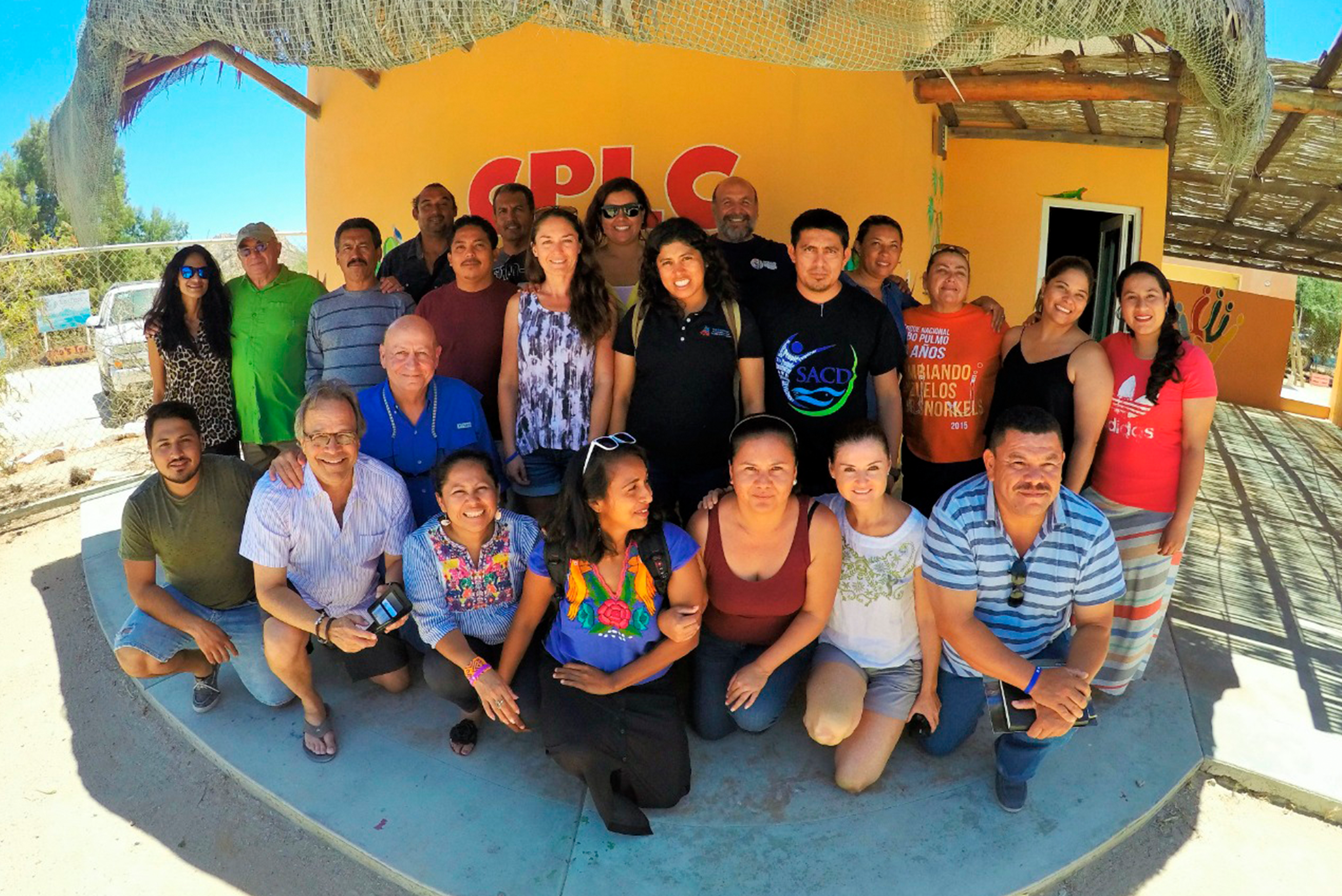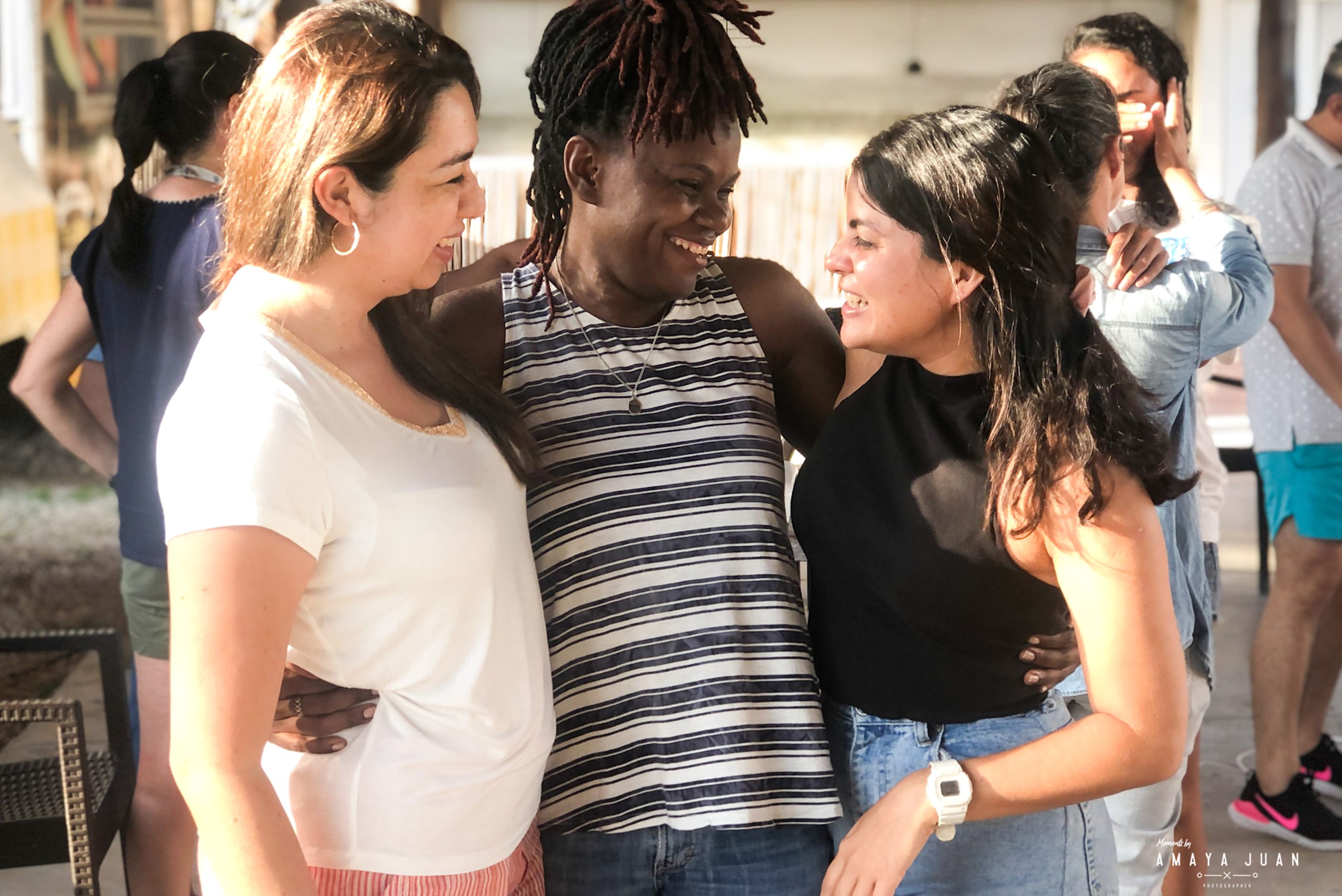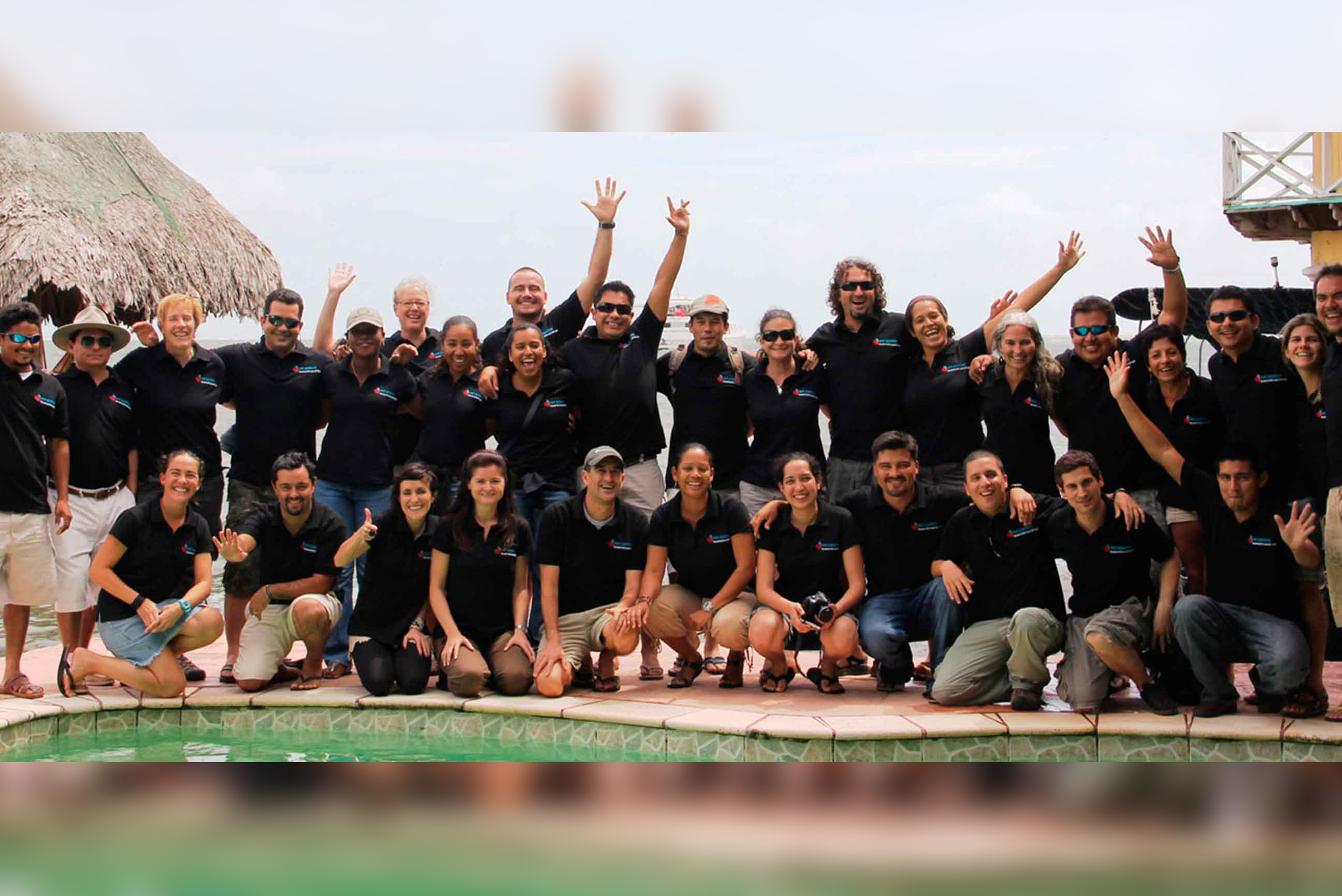What we do
The Mesoamerican Reef System (MAR) is the most important barrier reef in the western hemisphere and extends for more than 1,000 kilometers along the coasts of Mexico, Belize, Guatemala and Honduras. It begins north of Quintana Roo, Mexico, skirts the coasts of Belize and Guatemala to end in the Bay Islands/Cayos Cochinos complex on the north coast of Honduras. This region is unique for the biodiversity it houses: sea turtles, manatees, more than 65 species of corals and more than 500 species of fish, including the whale shark. The region is characterized by fringing, barrier and atoll reefs, cays, islands, coastal wetlands, reef and coastal lagoons, seagrass beds and mangrove forests. It includes around 70 officially declared Coastal and Marine Natural Protected Areas (CMNPA), which provide critical habitats for feeding, nesting and raising an exceptional diversity of flora and fauna species.
The diversity of natural resources in this area has influenced local cultures for generations; many communities currently subsist from the tourism industry and fishing thanks to the reef. However, threats such as overfishing, poor tourism practices, unregulated coastal development, pollution from land-based sources (untreated sewage, lack of solid waste management, and agrochemicals/fertilizers), along with global threats like climate change, could permanently degrade this valuable global resource. Therefore, an unhealthy reef system would put the health and development of its inhabitants at risk.
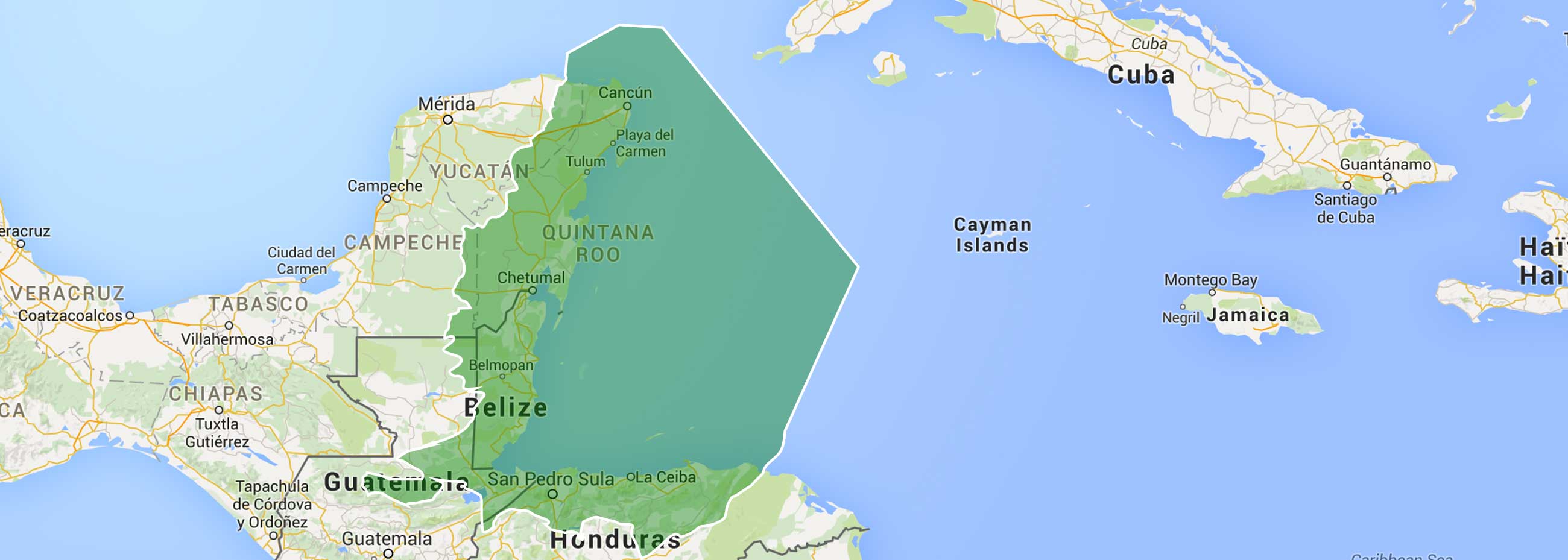
The mission of the MAR Leadership Program is to contribute to the conservation of the MAR ecoregion in the long term and to guarantee the environmental services that it provides by supporting "generations" of individuals (Leaders) from different disciplines (biology, law, communication, environmental engineering, tourism, architecture) and sectors (academia, local and federal governments, civil society organizations and companies/consultancies). Each generation has a thematic focus, which varies according to the conservation needs of the reef.

2010
Sustainable Coastal Development and Tourism
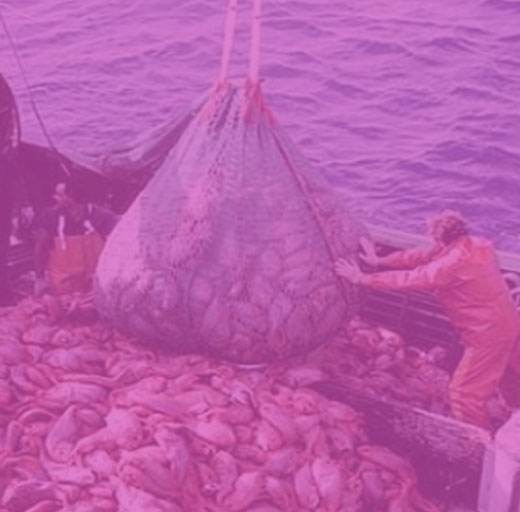
2011
Sustainable fisheries and establishment of Marine Protected Areas (MPAs)
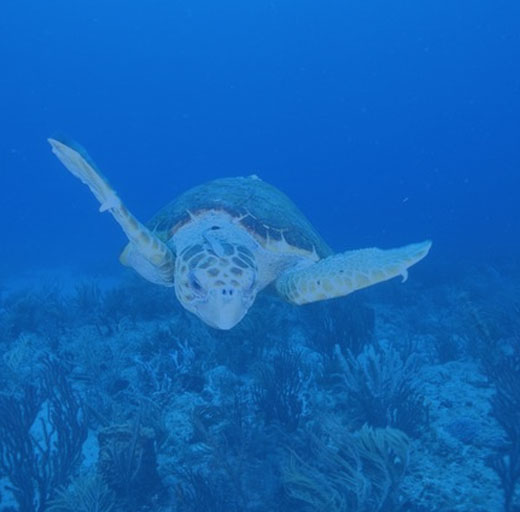
2012
Establishment of a network of multifunctional marine reserves
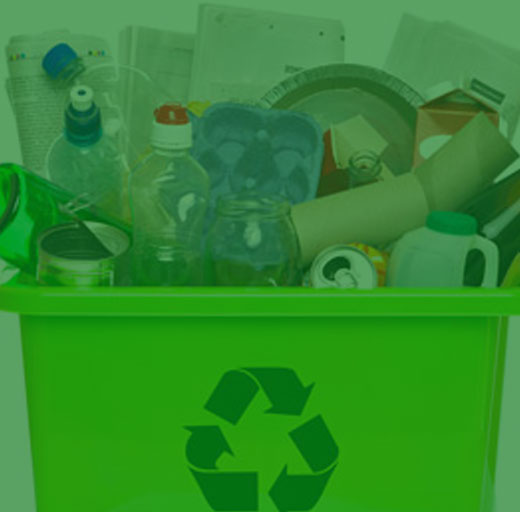
2014
Integrated solid waste management
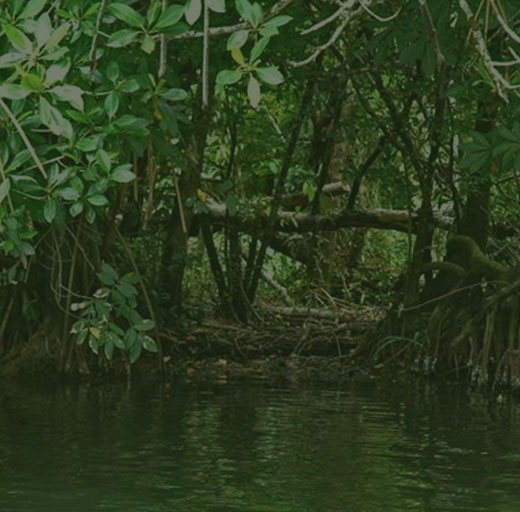
2015
Mangrove conservation and valuation
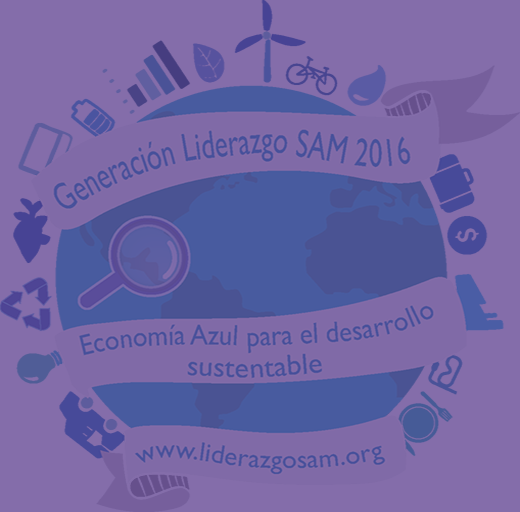
2016
Blue Economy for sustainable development
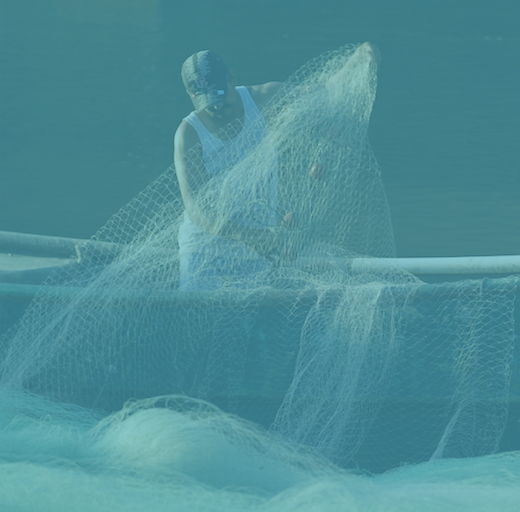
2018
Sustainable fisheries

2019
Sustainable Fisheries and Community Development

2021
Strategies to improve the health and resilience of the MAR

2023
Business projects with a positive impact on the MAR
The cycle of each generation lasts one year during which the MAR Leaders participate in face-to-face and virtual workshops during which they are trained by regional and international experts on the approach of their generation and leadership skills, such as : strategic communication, negotiation and conflict resolution, personal development, team leadership, incidence in public policy, among others. Likewise, spaces are generated throughout the year in which leaders of all generations participate to strengthen networks. Since the COVID-19 pandemic, the learning modality and face-to-face meetings are established based on the sanitary conditions of the corresponding moment.

